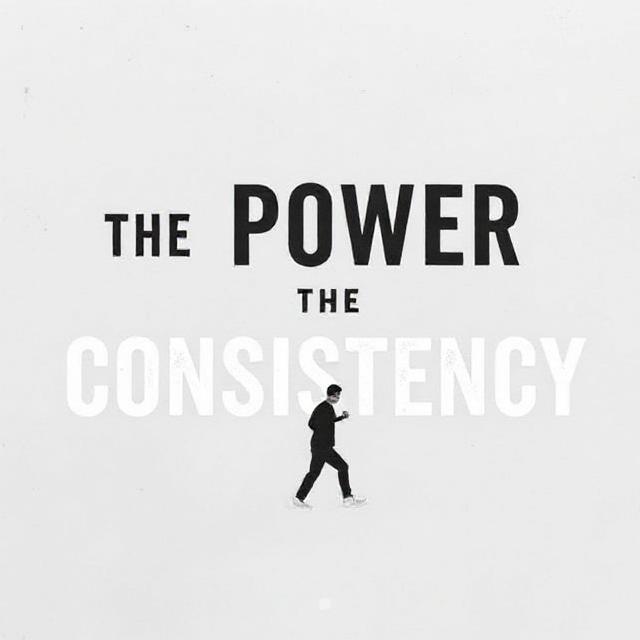Overview

Fear and lack of confidence are two of the biggest barriers that prevent people from achieving their dreams. Whether it’s fear of failure, rejection, or the unknown, these emotions can keep you stuck in your comfort zone. The good news is that fear is not permanent — it’s something you can manage, understand, and ultimately overcome.
This guide explores proven techniques to beat fear, strengthen your mindset, and develop lasting confidence in all areas of life.
1. Understand the Root of Your Fear
Before you can overcome fear, you must understand where it comes from. Fear is often a result of negative experiences, self-doubt, or the unknown. Take time to reflect:
- What exactly are you afraid of?
- When do you feel it most?
- What triggers it?
By naming your fear, you begin to take control of it. Awareness gives you the power to respond thoughtfully instead of reacting emotionally.
2. Accept That Fear Is Normal
Everyone experiences fear. The most confident people in the world have also faced moments of doubt. The difference is that they act despite it.
Instead of fighting fear or pretending it doesn’t exist, accept it as part of being human. Once you stop resisting fear, it loses much of its power over you.
3. Shift Your Mindset from Fear to Growth
Fear thrives on negativity. Replace fearful thoughts with empowering ones.
For example:
- Instead of “I can’t do this,” say, “I’ll learn how to do this.”
- Instead of “What if I fail?” ask, “What if I succeed?”
A growth mindset helps you see challenges as opportunities for learning rather than as threats.
4. Take Small Steps Every Day
Confidence grows through action. Don’t wait until you feel ready — start small.
- Speak up in a meeting.
- Try something new every week.
- Approach someone and start a conversation.
Each small win builds momentum and strengthens your belief in yourself. Over time, these little steps lead to major confidence breakthroughs.
5. Visualize Success
Visualization is a powerful mental exercise used by athletes, entrepreneurs, and leaders. Close your eyes and imagine yourself succeeding — speaking confidently, performing well, or achieving your goal.
When you visualize success repeatedly, your brain begins to believe it’s possible, which reduces anxiety and boosts confidence.
6. Face Your Fears Gradually
Avoiding fear only makes it stronger. Start by facing your fears one step at a time.
If you fear public speaking, practice in front of a mirror, then a friend, and gradually move to larger groups. Exposure helps your mind adapt and realize that the situation isn’t as dangerous as it seems.
7. Build Positive Self-Talk
Your inner voice influences your confidence level. Negative self-talk like “I’m not good enough” or “I’ll never do it” damages your self-image.
Train yourself to speak kindly:
- “I’m learning every day.”
- “I’ve handled challenges before; I can handle this too.”
Over time, these affirmations create a confident mindset.
8. Learn from Failure Instead of Fearing It
Failure is not the opposite of success — it’s part of it. Every failure teaches you something valuable about what doesn’t work.
Think of failure as feedback, not defeat. Analyze what went wrong, adjust your approach, and try again. The more you learn from failure, the less afraid you become of it.
9. Surround Yourself with Supportive People
Your environment plays a huge role in your mindset. Spend time with positive, encouraging people who lift you up instead of criticizing you.
Join groups, attend workshops, or connect with others who share your goals. The energy and confidence of supportive people can inspire you to overcome your fears faster.
10. Practice Gratitude and Self-Compassion
Fear often comes from focusing on what’s missing or what might go wrong. Gratitude shifts your attention to what’s going right.
Every day, write down three things you’re thankful for — big or small. This habit helps you stay positive and reduces fear-based thinking.
Be kind to yourself, especially when you make mistakes. Confidence grows when you treat yourself with the same compassion you’d offer a friend.
11. Develop New Skills
Sometimes fear comes from feeling unprepared or unqualified. Building new skills can drastically boost your confidence.
Enroll in online courses, read books, or practice new abilities related to your goals. The more capable you become, the less fearful you’ll feel.
12. Celebrate Every Win
No matter how small, celebrate your victories. Acknowledging progress reinforces confidence and encourages more action.
Reward yourself when you overcome a fear, finish a task, or try something new. Each celebration reminds your brain that effort is worth it.
13. Keep a Confidence Journal
Writing down moments when you acted bravely or succeeded helps you track your growth.
When fear returns, review your past achievements — they’ll remind you how capable you truly are.
14. Be Patient with Yourself
Building confidence takes time. You won’t transform overnight, and that’s okay.
Focus on consistent improvement rather than perfection. With persistence, the fear that once held you back will become a stepping stone toward your best self.
Conclusion
Overcoming fear and building confidence is a journey, not a one-time fix. It requires awareness, patience, and daily effort. But every step you take toward facing your fears makes you stronger.
The moment you stop letting fear control you, your potential becomes limitless.
Read More About: Set and Achieve Personal Development Goals That Last



